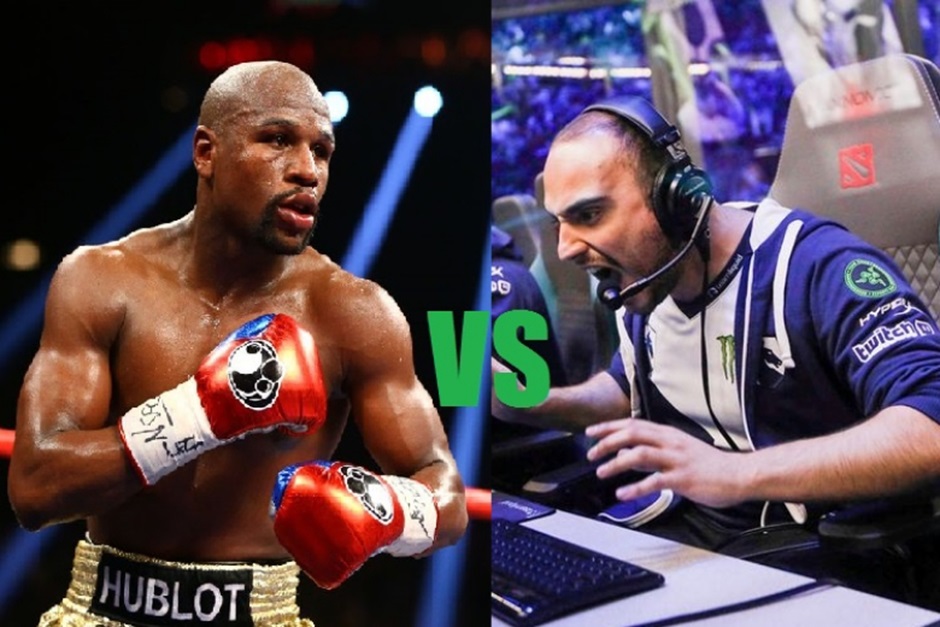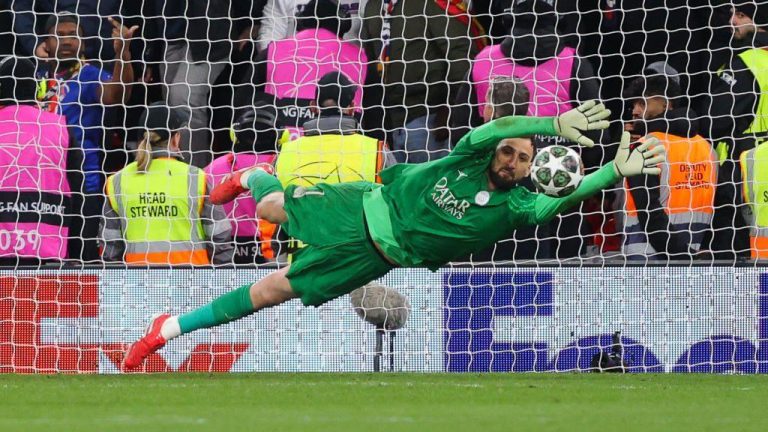The world of competitive gaming, or esports, has exploded in popularity in recent years. Millions tune in to watch professional players battle it out in virtual arenas, with prize pools reaching staggering heights and sponsorships rivaling traditional sports.
But the question remains: can esports truly be considered a “sport” in the same vein as football, basketball, or tennis?
At their core, both esports and traditional sports demand dedication and hard work. Professional players in both arenas train rigorously, honing their reflexes, strategy, and teamwork to achieve peak performance.
Esports players dedicate countless hours practicing their chosen games, mastering intricate mechanics and developing game-specific knowledge.
They analyse opponents, strategise plays, and adapt their tactics in real-time, mirroring the mental and strategic demands of traditional sports.
One of the main arguments against esports being a true sport is the perceived lack of physical exertion. While traditional sports require athletes to push their bodies to the limit, esports players are often seen as glued to their chairs, fingers flying across keyboards and controllers.
However, this perspective is outdated. Studies have shown that professional esports players exhibit impressive levels of hand-eye coordination, reaction time, and even cardiovascular fitness due to the intense mental and physical demands of high-level competition.
Furthermore, the rise of esports fitness is blurring the lines between physical and digital worlds. Pro teams are increasingly incorporating physical training regimes into their regimens, focusing on endurance, strength, and flexibility to optimise performance and prevent injuries.
The future of esports is bright. With continued growth, investment, and recognition, it has the potential to redefine the very concept of sports. As technology and society evolve, the lines between physical and digital activities will continue to blur, creating a more inclusive and diverse sporting landscape.
Whether it’s considered a traditional sport or a distinct discipline, esports undeniably deserves its place in the world of competitive entertainment and athleticism.
















